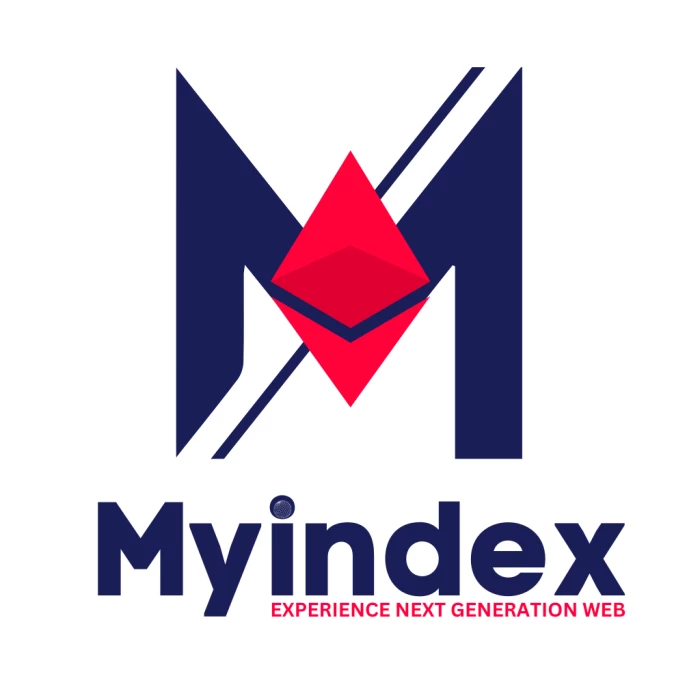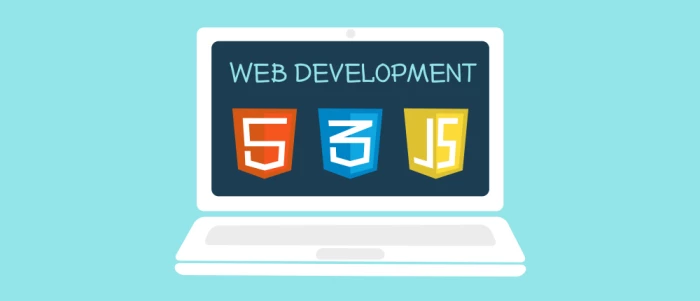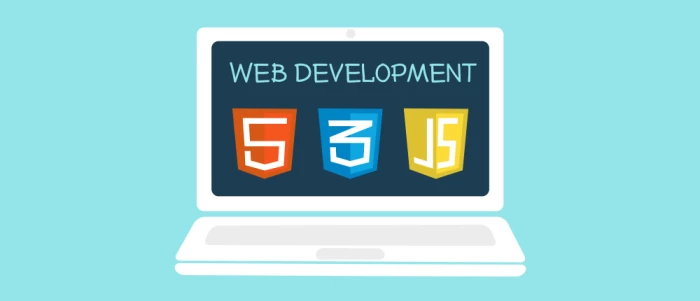How to Do Good SEO for Programming & Web Development
Programming & Web Development
The programming and web development industry is fiercely competitive. Standing out and attracting clients requires a robust online presence, and that starts with effective Search Engine Optimization (SEO).
Understanding the Unique Challenges of SEO for Programming & Web Development
SEO for tech-focused businesses presents unique challenges:
- Technical Jargon: Balancing technical accuracy with readability for a broader audience is crucial.
- Highly Competitive Keywords: Terms like "web developer" or "Python programming" are extremely competitive.
- Targeting Specific Niches: Focusing on a niche (e.g., React development, e-commerce website building) can improve your chances of ranking.
- Demonstrating Expertise: Showing your skills and experience through case studies, testimonials, and blog posts is essential.
Essential SEO Strategies for Programmers & Web Developers
1. Keyword Research: Finding the Right Terms
Thorough keyword research is the foundation of successful SEO. Use tools like Ahrefs, SEMrush, or Google Keyword Planner to identify:
- High-volume keywords: Terms with many monthly searches.
- Low-competition keywords: Terms with less competition, easier to rank for.
- Long-tail keywords: More specific phrases (e.g., "hire React developer for e-commerce website").
- Related keywords: Terms associated with your services and expertise.
2. On-Page Optimization: Optimizing Your Website
On-page optimization involves optimizing elements within your website:
- Title Tags & Meta Descriptions: Craft compelling titles and descriptions incorporating your target keywords.
- Header Tags (H1-H6): Use header tags to structure your content and incorporate relevant keywords.
- Image Optimization: Use descriptive file names and alt text for images.
- Content Optimization: Create high-quality, informative, and engaging content that answers user queries.
- URL Structure: Use clear, concise, and keyword-rich URLs.
- Internal Linking: Link relevant pages within your website to improve navigation and distribute link equity.
3. Off-Page Optimization: Building Authority
Off-page optimization focuses on building your website's authority and reputation:
- Link Building: Earn high-quality backlinks from reputable websites in your industry.
- Guest Blogging: Write guest posts on relevant blogs to reach a wider audience and gain backlinks.
- Social Media Marketing: Promote your content and engage with your audience on social media platforms.
- Directory Listings: List your business on relevant online directories.
4. Technical SEO: Ensuring Website Performance
Technical SEO involves optimizing your website's technical aspects:
- Website Speed: Ensure your website loads quickly.
- Mobile Friendliness: Make sure your website is responsive and works well on all devices.
- XML Sitemap: Submit an XML sitemap to search engines.
- Robots.txt: Use robots.txt to control which pages search engines crawl.
5. Content Marketing: Creating Valuable Content
Create high-quality, informative, and engaging content that showcases your expertise. Consider creating:
- Blog posts: Share your knowledge and insights on programming and web development topics.
- Case studies: Showcase your successful projects and demonstrate your skills.
- Tutorials and guides: Help users learn new skills and solve their problems.
- Videos and podcasts: Reach a wider audience through different content formats.
Conclusion
SEO is an ongoing process. Consistently creating high-quality content, building backlinks, and monitoring your website's performance are essential for long-term success. By implementing these strategies, you can significantly improve your website's ranking, attract more clients, and grow your programming and web development business.
8 months ago
16 Jun 2025 05:50PM
 2nd Phase, J. P. Nagar, Bengaluru, Karnataka 560078
2nd Phase, J. P. Nagar, Bengaluru, Karnataka 560078 [email protected]
[email protected] +91 9019358282
+91 9019358282


